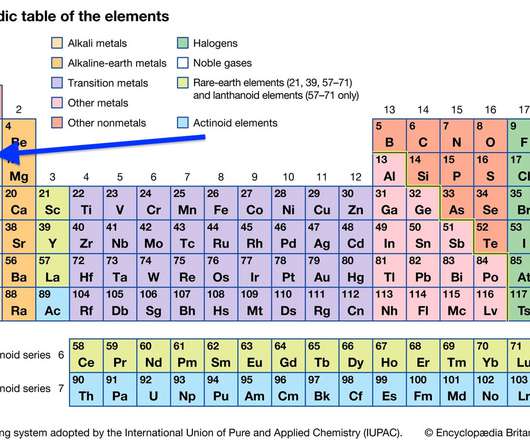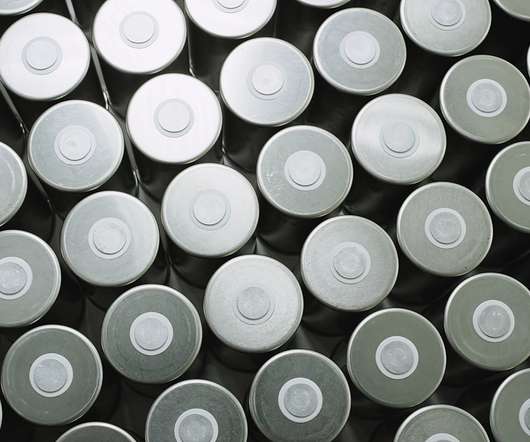Peat might lower cost of sodium-ion batteries for EVs, research suggests
Green Car Reports
OCTOBER 13, 2021
An ingredient used to flavor whiskey and make fertilizer could soon play an important role in EV batteries, researcher at Estonia's Tartu University say.



























Let's personalize your content